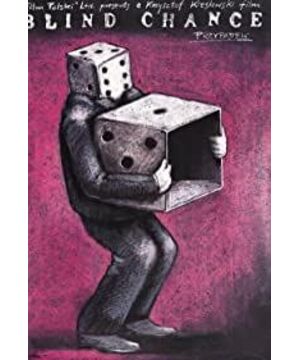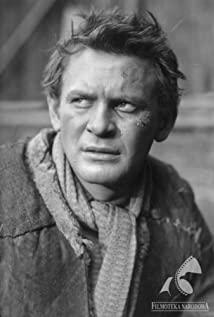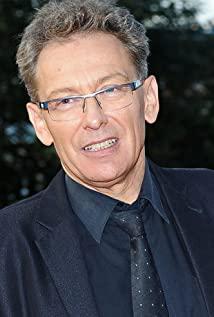When I was an undergraduate, I read Jin Yan's Eastern European History, and I was particularly impressed by Poland. As the source of democracy, it has turned from prosperity to decline, and the country has been destroyed four times. Secularism - went around the world to fight for world revolutions (including the North American War of Independence, the French Revolution, etc.), because they believed that "the freedom of Poland can only be achieved in the context of human freedom, thus rejecting the isolationist vision", This sounds like the originator of modern countries advocating joint efforts to do this and that concept. Yesterday, I went to the China Film Archive to watch Kieslowski's "Song of Opportunity", and found that we still need to know a little about the modern history of Poland in order to "understand" some dialogues and plots. So, I went through Jinyan again and searched for some information on the Internet. It seems that I have a deeper understanding of Poland. Everyone sees history differently at each stage, and it is inevitable that they have their own subjective biases, and I also Knowing that I am subjectively too flattering on Poland, I can only try to maintain a neutral and objective attitude towards the following content: Filming time: 1981. But it was not released until 1987, and a clip of the police beating the male protagonist was subtracted. On December 13, 1981, the Polish authorities announced martial law and banned Solidarity. This period of martial law lasted for one year. The male protagonist's great-grandfather participated in the uprising: The 1863 uprising, the January riot against Russia, began the largest anti-Russian uprising during the subjugation of Poland. The grandfather of the male protagonist follows Piłsudski: the Soviet-Polish war of 1920. The National Army led by Piłsudski devastated the Soviet-Russian Red Army. Old Communists Arrested: 1949. From 1948 to 1954, Poland experienced a major party purge similar to the 1930s in the Soviet Union. Old Communists released from prison: 1954. Actor was born: June 27, 1956. The director's birthday is June 27; the film begins with a hospital full of people dying of blood, alluding to the events in Poznan. In 1956, Poland began to de-Stalinization, and Gomulka came to power after the incident. Boyfriend's childhood friend leaves Poland for Denmark: 1968. The anti-Semitic campaign launched by the ruling party was the last and largest wave of Polish Jewish emigration, which expelled nearly 20,000 Jews. Three different storylines after the male protagonist catches the train: circa 1978-1981. During the Galek era, massive borrowing of foreign debts to revive the economy resulted in a financial crisis, various labor movements, social instability, and the rise of Solidarity. Go back and fill in these first. . .
View more about Blind Chance reviews











